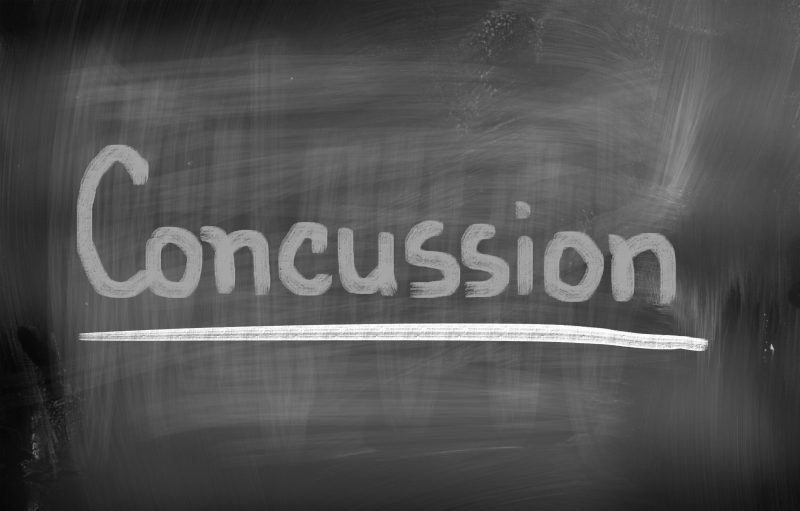If you have suffered a concussion and are now considering an insurance company offer of settlement, it is a good idea to get a legal opinion before you sign on the dotted line.
An example of this happened this morning just after I arrived at my office. A young man called and said he had been hurt in a car accident two months ago and was diagnosed in the emergency room with multiple injuries, including a concussion, and neck/back trauma. He had received some treatment for his neck and back injuries, but he was continuing to experience symptoms related to his concussion.
He had been offered a settlement that was in the range of $12,500. Apparently his medical expenses was in the range of $8,500 and the insurance company was willing to offer an additional $4,000 in what they referred to as “pain and suffering”. After legal consultation, we decided that the best course of action was for him to reject the $12,500 offer and obtain a comprehensive medical opinion concerning his continuing concussion-related issues.
Concussion claims can be very complex when it comes to determining a fair settlement. Often time’s concussion-related symptoms (headaches, dizziness, loss of concentration, etc.) can take a long time to resolve. Not only must a settlement cover the full value of the loss of health, it must also account for the fact that a first concussion will cause a second concussion to be much worse. The bottom line is that it is vital to obtain specialized medical opinions regarding the past, present, and future effects of the concussion.
Moreover, being cautious to settle a concussion claim is important because insurance companies rarely offer fair and full settlements for “pain and suffering”. Because “pain and suffering” usually works out to be the largest part of a concussion claim, most offers are too low because they do not account for the present and future loss of health and quality of life.
In most concussion cases I handle, my client will be released from care at “maximum medical improvement”. This means that there is no additional medical care that is going to benefit my client. In other words, they are going to just have to “live” with the effects of his or her concussion. My client is now in the position of managing their concussion, and their quality of life has been significantly diminished by the concussion.
In many cases the concussion has impacted their ability to work and get along in their daily routine. All of this needs to be properly evaluated and supplemented by expert opinions in order to get to a point where the concussion claim can be fairly settled.






